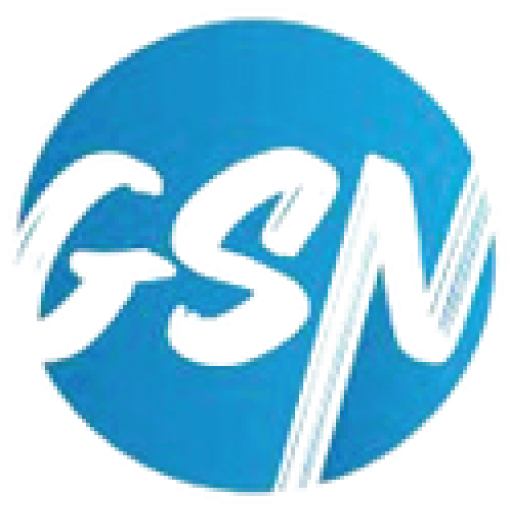A survey by the Food Industry Association (FMI) in October found that 54% of consumers expect to buy more private label products, compared to just 26% of branded products The Private The Label Manufacturers Association also reported a year-long delay in the store use of private labels -Following figures for more than a fifth of sales, which set new records, Circana found that private label groups rose, 1,000. and beauty was up 0.3 points, general merchandise up 0.6 points and household goods up one point
Despite the increase in sales, the share of units has been flat, according to Circana. While private-label brand sales rose from $157.2 billion in 2019 to $216.8 billion last year, unit sales will rise to $57.1 billion by 2020, 53 after which It’s in the billion-dollar range, up slightly last year, 53 . to $53.5 billion
“Private brands are capturing more market share than name brands, growing in dollar sales and units. This is a trend of consumers, especially,” Mary Ellen Lynch, principal of center store solutions at Circa with kids, is also said to lack children millennial Gen X households, who are using strategies to creatively stretch their dollars in the midst of rising prices.”
Retailers are eager to capitalize on the growing interest in private-label products. Target, which has about 50 privately held brands, launched two new ones this year: Dealworthy, a specialty brand, and Gigglescape, a toy brand. It also relaunched its Up&Up home essentials brand last month.
Macy’s is also expanding its private label offerings as part of a merchandise restructuring. Last July, the company launched On 34th, a womenswear line with more than 750 SKUs, and in early February introduced State of Day, a women’s lingerie and sleepwear brand


